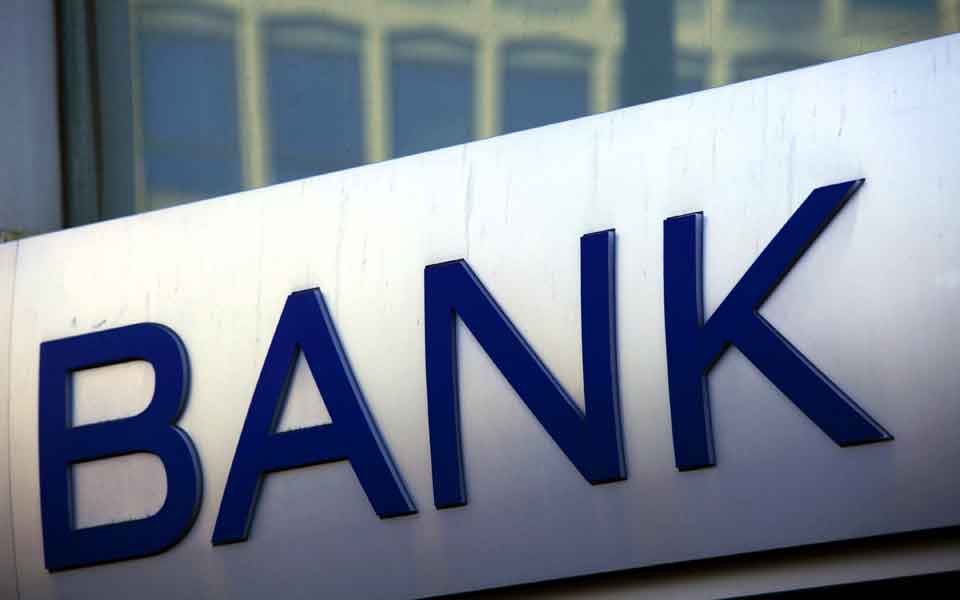Market not seeing ECB cash

The real economy has seen just a small part of the cash injection granted by the European Central Bank to the Greek credit sector for tackling the impact of the pandemic.
Although they have drawn as much as 40 billion euros from the Eurosystem, banks have channeled just a fragment of that into loans to the market. Instead, they are putting most of those resources on state bonds, in a bid to safeguard fragile profits.
Another part of their cash flow – in the absence of sustainable enterprises that could absorb it – is parked at the ECB in the form of cash disposables. Over the first nine months of the year, Greek lenders have put a total of almost €35 billion on the purchase of state securities and into the reduction of borrowing from the interbank market, as well as in deposits in the central bank.
Therefore, the bulk of liquidity is circulating around the ECB, national governments and commercial banks, in a vicious circle that is sustained by all the parties involved: Banks which are unable to take any new risks under the weight of bad loans; the country’s businesses, which have a low credit capacity due to their size and low competitiveness; and the state, which is recycling policies of dubious efficiency and unable to form a cohesive growth strategy.
The problem is acute in Greece after the decade-long financial crisis, even though credit expansion to corporations grew 8.5% in January-September, the highest level since 2010.
The absolute figure of €5 billion is very low and mostly derives from loans issued with state guarantees from the Hellenic Development Bank and through leveraging by commercial lenders. In any case, this is far below the funds have drawn from the Eurosystem.
Bank of Greece data show that a significant part of the credit system’s cash is flowing to state bond purchases. The portfolio of bonds held by banks expanded from under €29.7 billion in end-2019 to over €40.8 billion at the end of last September, a rise of almost €11.2 billion in just nine months.





